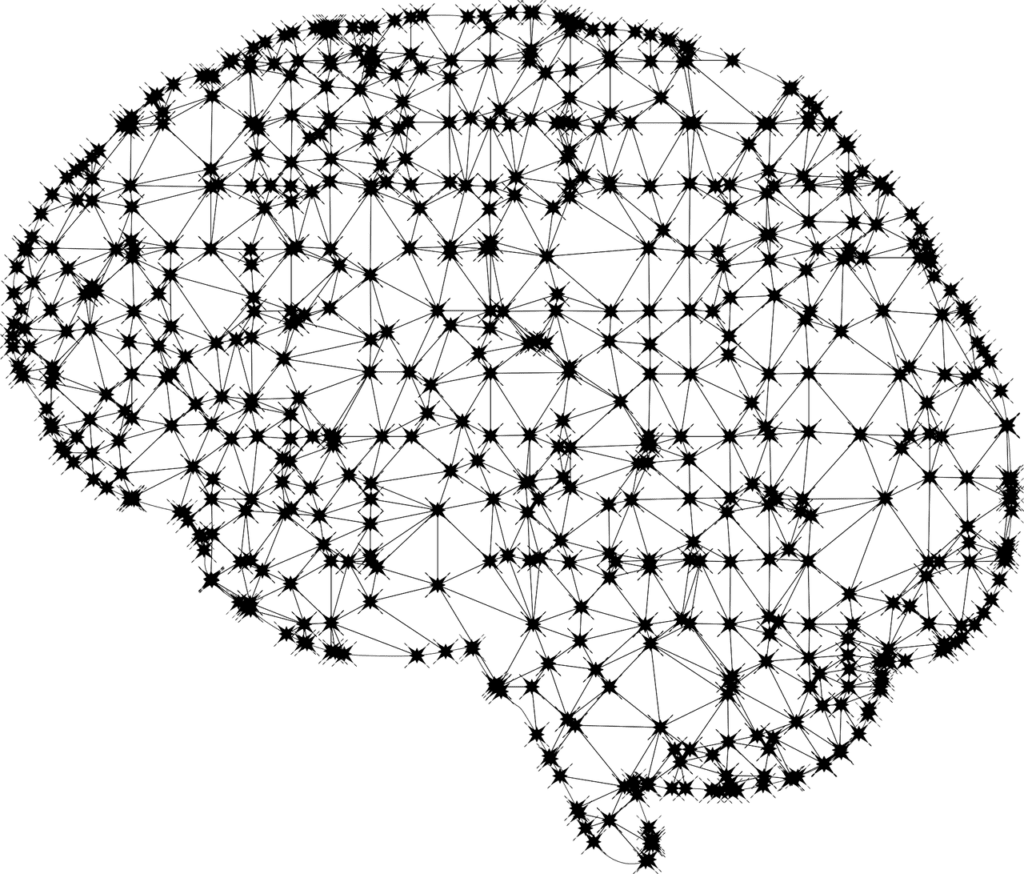When you’re looking at career options with technology, you’ll face a number of fields and job titles that appear to be synonymous but are in fact very dissimilar. After an afternoon of looking at job postings with the words ‘computer’, ‘systems’, and ‘information’ rearranged over and over, you’d understandably be very confused. Two fields that you’ll see listed often are computer information systems and computer science. In fact, these refer to a very different set of skills and roles.
Which career you pursue depends on what interests you about technology in general. While both deal with the use of computer technology as a tool for human endeavor, they work with very different parts of your brain and involve very different skills. In fact, they look at the same subject but from different ends. Let’s break both of these fields down.
Computer Information Systems: Getting the Right Tools for the Job

Computer information systems is the discipline of working with the practical applications of computers and optimizing them for people and organizations. Experts in this field know what’s available in the marketplace in hardware and software and know what the right tools are for an organization. They also know what’s involved with getting an organization set up with that technology and how to keeping it running. While it involves a lot of technical know-how, and people in this field are expected to be very computer savvy, most of their work is with the people using the machines.
To add to the confusion, some schools and jobs call this same role information systems, computer information systems, business information systems, and management information systems. That can make it hard to know what the focus is and to match a graduating student with a position. Even more confusion can come from the range of departments that house the program. Sometimes it’s within a computer science department, sometimes a business school, or an information school, or a department on its own.
What Would You Study?
As opposed to computer science, you will probably not do a lot of coding or math work while working in computer information systems. The work in this field is at a slightly macro level, looking at technology systems as a whole or as part of the larger ecosystem of an organization. That also means the range of courses available to you is fairly broad.
That said, your coursework would involve some programming so you’re familiar with what’s involved in the discipline. You might not do much programming in the job, but odds are good you’ll be interacting with programmers. For other technical courses, you might study network theory, databases, and enterprise architecture.
There’s a lot of so-called non-technical course work involved in this field. Computer information systems coursework will involve more studying of the dynamics of businesses and people, so you’ll see courses in project management, economics, and business.
Beyond the technical know-how, the skills these courses help to build include problem-solving abilities, leading a team, working with a group to solve problems, and customer service.
What Sorts of Jobs are There?
The range of jobs available in computer information systems is vast, mostly because that title encompasses a lot of different roles. The most obvious job area is being an IT (information technology) administrator, but it’s certainly not limited to that.
The field includes database administrators, system administrators, project managers, systems analysts, and (once you reach the top of an organization) chief information officers and chief security officers. Any job that involves connecting people to technology is related to this field. It’s broad, so that opens up a lot of options, but that also might mean you’re not training for one specific role.
Computer Science: What’s the Best Way to do the Job?

Computer science is the study of programming and how to do so in the most efficient way. It doesn’t just involve learning how to code, but also what difference there are between different languages, what’s the most efficient way to solve a problem, and many generalized strategies for dealing with any programming issue.
People studying computer science go very in-depth into how computers are designed, how they work at the micro-level, and the mathematical foundations of programming and computer processing. It gets deep into the theoretical foundations of computers and programming.
What’s the Coursework Like (and is There Math)?
Your studies in the field will involve algorithms (their design and efficiency), software architecture (what makes up a computer language or a program), design patterns (the generalized patterns that all languages follow), data structures (how to model data to make it the most useful), and possibly even a bit of digital electronics.
It’s hard to avoid math classes when you’re studying computer science. You might take classes in logic, linear algebra, calculus, probability, statistics, and set theory, among others. The foundations of computer science (and computers in general) are from math and engineering departments, so it makes sense that this is an important part of the field.
People in this field need to be comfortable problem solving and be able to attack a problem logically. They may face problems that have no immediate solution, causing most people to get very frustrated. A computer scientist has to be comfortable ‘existing in the unknown’, meaning they’re willing to not know what to do but can push through to the answers they need.
Computer scientists need incredible attention to detail. Coding is very specific and can grind to a halt just because of a forgotten semicolon. Computers only do exactly what we tell them to, requiring their human input to be meticulous.
One common complaint with a ‘pure’ computer science department is that it might not adequately prepare its students for work in the ‘real world’ as a programmer. Since the coursework tends to be language agnostic, students may miss out on newer, in-demand languages. The coursework might also get a little more esoteric than the work coders do in the working world.
So, What Can I Do in the Field?
The most obvious job coming out of computer science studies is to be a programmer, but even that describes a lot of different things. At the heart of it, a programmer writes the code that creates an application in the most efficient way they can to avoid bloat and possible crashes.
You might also become an information security analyst, examining an organization’s technology to look for potential threats and flaws in a system. As a database administrator, you may manage a company’s data and make sure it’s safe and accessible in the most efficient manner
People coming into the field also work as analysts, support technicians, and cybersecurity specialists, among other things.
So, Which One to Pursue?

When contemplating a career path in computer science vs software engineering vs information systems or any other IT field it can be hard to make a decision.
Although all of the fields involve in-depth work with technology, they concentrate on different areas completely. It might be a slight oversimplification, but generally speaking, computer science is entirely about the software inside the machine while computer information systems is about the relationship between the technology and the people and organizations using it.

"Career Karma entered my life when I needed it most and quickly helped me match with a bootcamp. Two months after graduating, I found my dream job that aligned with my values and goals in life!"
Venus, Software Engineer at Rockbot
Computer science is a deep dive into one area of technology, whereas computer information systems is a much broader investigation of a little bit of everything. If computer science is depth, computer information systems is breadth. Your preference for one or the other will depend on how you feel about this fact more than anything. If you’re studying computer science, it’s going to be a very narrow range of deep courses. For some people, that’s perfect. Studies in computer information systems will touch on a little of everything. Some people love that scope while others are frustrated about the lack of in-depth examination in one subject.
The common ground between the two fields is coding. Both require some sort of knowledge of programming and comfort with reading and writing programs. Starting with a language like C++ or Java would be a great foundation for either field.
The foundation courses for either computer science or computer information systems are offered by any good technology bootcamp. A well-rounded technology practitioner will have a bit of experience in both fields.
FAQ
Not necessarily! The difficulty of programming depends on the language you want to learn and the kind of software you’re making.
Html, Python, JavaScript, PHP, and Java are some of the easiest, high-level languages for beginning coders to learn.
Assembly, C, C++, C#, and Object C are some of the tougher programming languages to learn.
There is no “right” way to learn to code! You can learn programming through self study, a traditional four-year degree, or through a coding bootcamp.
About us: Career Karma is a platform designed to help job seekers find, research, and connect with job training programs to advance their careers. Learn about the CK publication.



